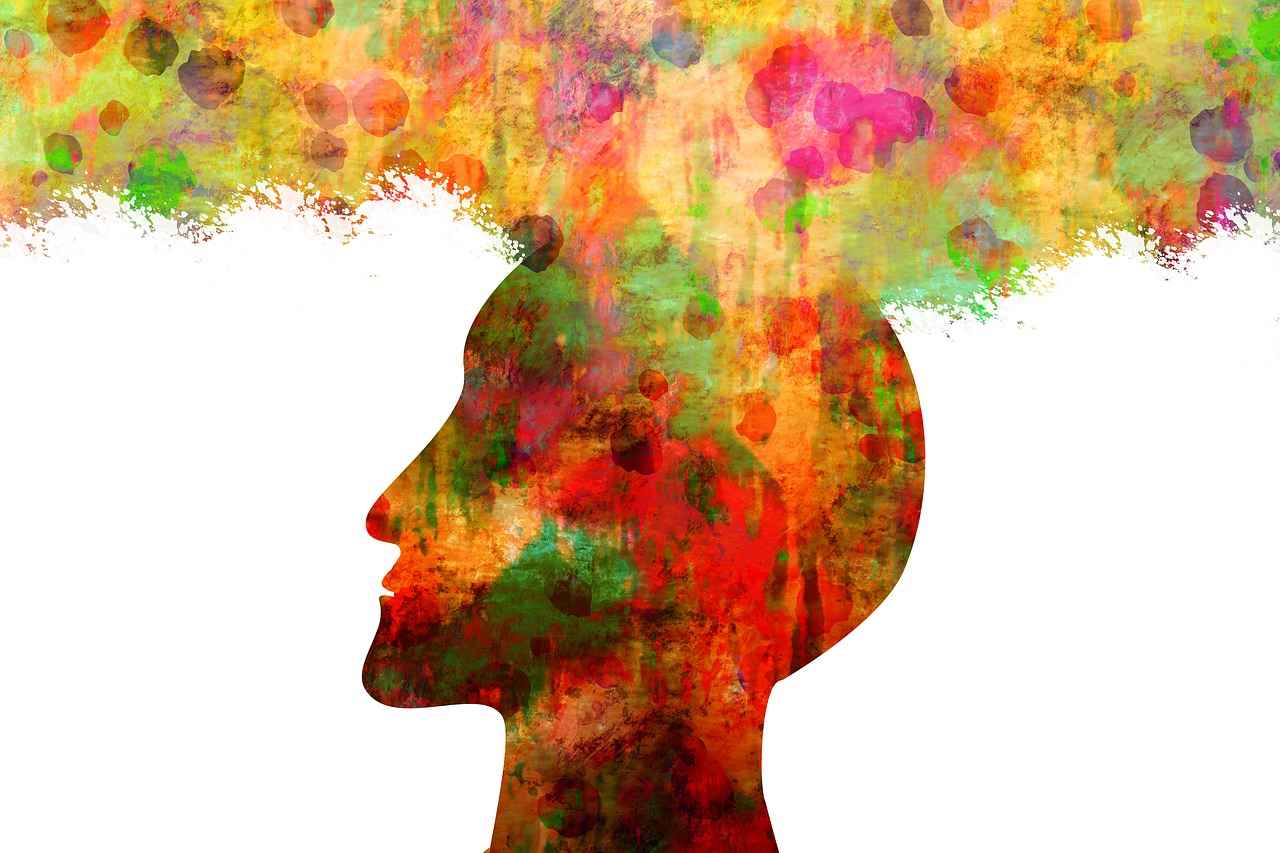Game theory is a potent tool that may be used in a variety of areas of life, including politics, economics, and even intimate relationships. Game theory is fundamentally a technique to comprehend how decisions individuals make impact the outcomes of diverse circumstances.
People don’t always act in their own best interests is one of game theory’s major findings. Instead, they could base their choices on what they anticipate other people will do or what they believe other people want them to do. This indicates that it’s critical to comprehend not just your own objectives and preferences, but also those of individuals who are close to you.

Success in the game of life frequently rests on the capacity to make calculated choices that account for the actions of others. For instance, when negotiating pay with a prospective employer, it’s important to take into account not just your own demands but also those of the business and other applicants. You may make a better choice and raise your chances of achieving your goals by being aware of the motivations and preferences of all parties.
The ability of cooperation to be a strong force for obtaining mutual benefit is another important finding of game theory. This is illustrated in a variety of real-world scenarios, including international trade agreements, where participating nations cooperate to advance the economic well-being of all parties.
Cooperation may be a successful tactic for gaining personal achievement in the game of life. You may generate chances through networking and working with others that might not be possible if you were working alone. This may result in new employment possibilities, company collaborations, and other kinds of success.
Understanding how people behave in social situations is one of game theory’s most intriguing applications. Game theory may explain why individuals collaborate, compete, or deviate in various circumstances. It can also assist us in predicting the future behavior of individuals and determining how to affect that conduct.
Understanding how to “win the game of life” has shown to be particularly helpful with the help of game theory. Strategic contacts are commonplace in life, from negotiating job offers to managing relationships. By offering a framework for comparing the advantages and disadvantages of various methods, game theory can assist us in making better judgments in these circumstances.
Let’s take the scenario where you are haggling over a possible employer’s wage. You may be assertive in your demand, trying to obtain the best compensation possible, or you could be moderate in your demand, seeking to improve your connection with the company. You may use game theory to examine the advantages and disadvantages of each tactic while taking into consideration the employer’s expected reaction.
Similarly, the game theory may assist us in comprehending how to negotiate social circumstances, such as forging coalitions or developing alliances. We may position ourselves more effectively to accomplish our objectives by comprehending other people’s incentives and forecasting their conduct.
Game theory, of course, is not a solution to every issue that arises in life. People’s conduct is complex, and they don’t always act in a logical manner. But, by applying game theory to actual circumstances, we may learn important lessons about how to make wiser choices and accomplish our objectives. In the end, the game theory may assist us in “winning the game of life” by offering a framework for assessing strategic interactions and improving our decision-making.




